Does science back up the calls to ban hunting? Will banning hunting increase wildlife populations?
Over the last several months, there’s been a very vocal and well-supported push to have trophy hunting banned in the UK and Europe. This move has been backed by a number of influential people and organisations.
So surely their push is backed by science, right?
Actually, wrong.
Conservation scientists unite to support hunting
Recently, 133 scientists signed an open letter imploring these governments not to give in to the demands to ban hunting, stating it would imperil biodiversity and ultimately hurt animal populations.
These are not pro-hunting supporters. They are respected environmental scientists and biologists, representing the Wildlife Conservation Research Unit at the University of Oxford, the International Union for Conservation of Nature (IUCN), the Fenner School of Environment and Society at the Australian National University, the Natural Resources Group at the International Institute for Environment and Development, and the Namibian Association of Community Based Natural Resource Management (CBNRM) Support Organisations – some truly heavy hitters in the world of wildlife conservation.
The group of academics and scientists believe a ban on trophy hunting would not help protect animals but that there’s compelling evidence it would actually have a negative affect on wildlife conservation.
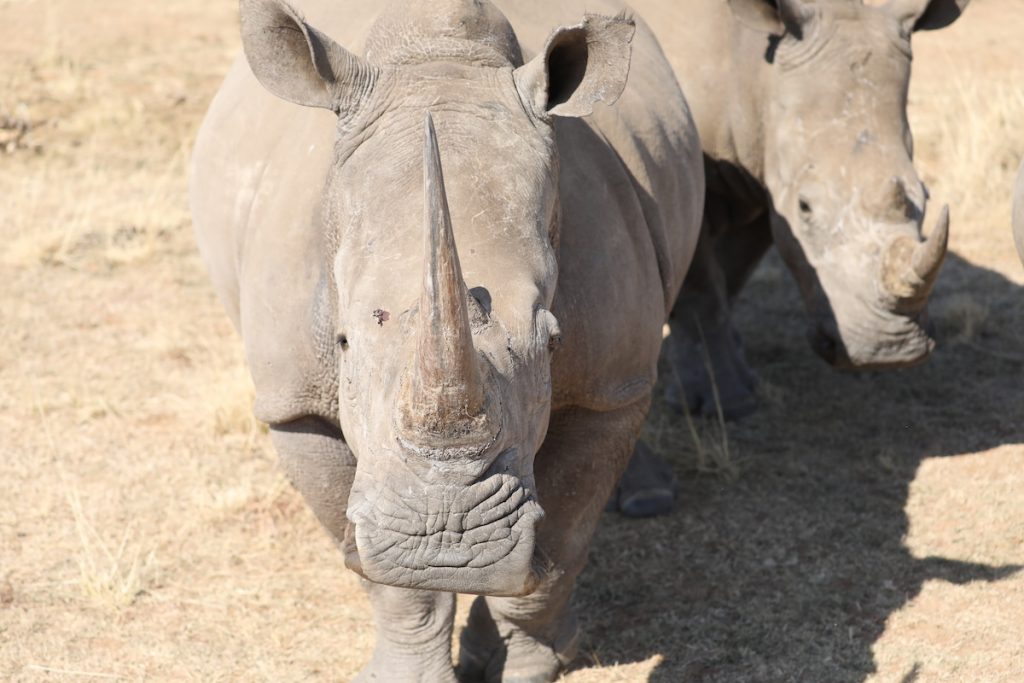
In their open letter they asked the UK Government to consider creating new rules around importing hunting trophies, rather than an all-out ban.
Dr Amy Dickman talks hunting on Radio 1
Dr Amy Dickman is wild cat conservation specialist with the Wildlife Conservation Research Unit (WildCRU), at Pembroke College’s Department of Zoology, as well as a Kaplan senior research fellow. Her life work has been around saving big cat populations in the wild.
She’s also one of the 133 signatories on the open letter to the UK government.
In a recent interview on Radio 1 Newsbeat, Dickman said she and her colleagues were worried a complete ban would result in huge areas of land being converted to other uses, ceasing to be a habitat for vulnerable wildlife species.
Dr Dickman made it very clear that, while she was not a personal supporter of hunting, she and her colleagues believed conservation actions should be based on scientific evidence and fact rather than knee-jerk emotional reactions.
The collective group of scientists said that emotional reactions to the act of keeping animal trophies – however distasteful that may seem to an individual – is distracting attention from other threats faced by endangered wildlife species and that a ban could have unintended consequences.
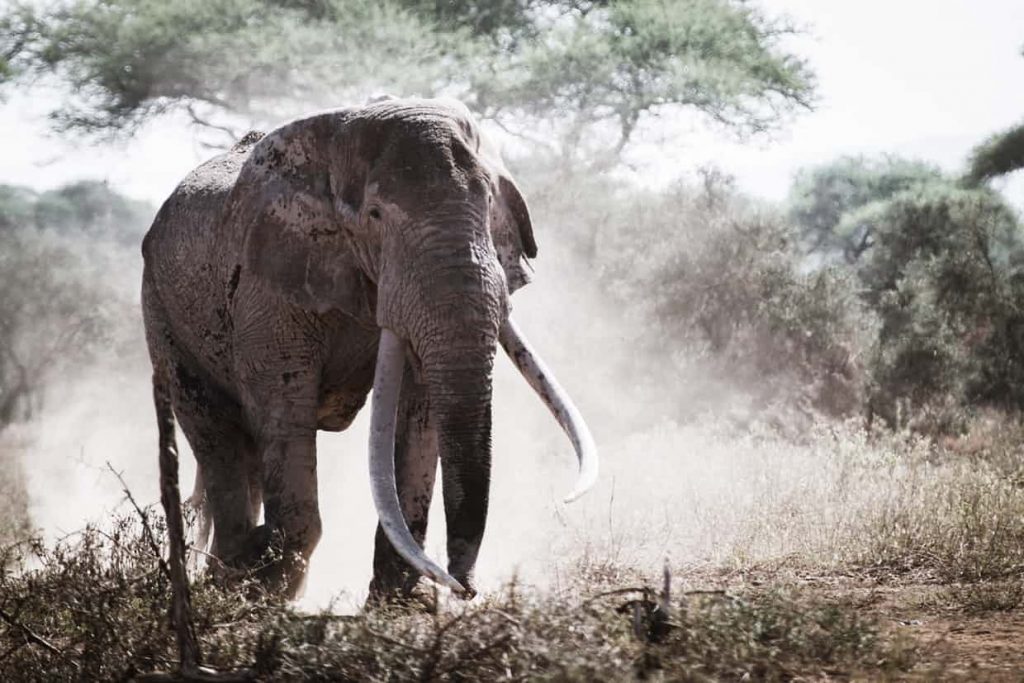
Dr Dickman said a complete ban on trophy hunting would not save animals but was likely to cause more animals to die.
“You might not see it on social media, but animals will be dying – ensnared, poisoned or in conflict with local people.”
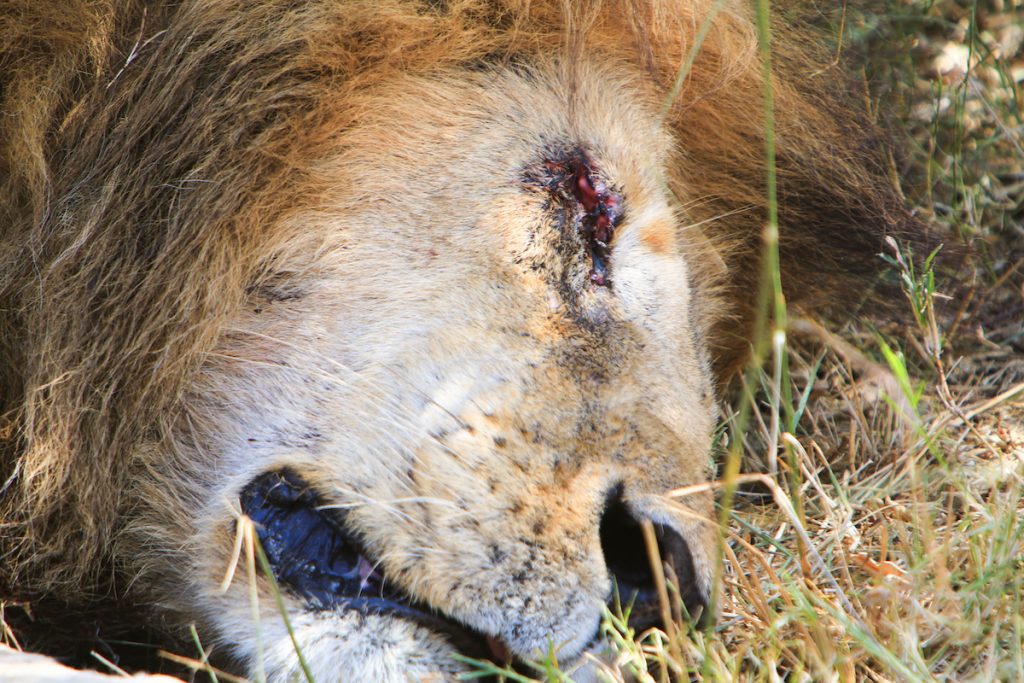
If the aim is to minimise overall deaths, Dr Dickman believes this cannot be achieved by fixating on one type of wildlife killing.
“It’s not a win if we say ‘look, we’re going to reduce the number of animals killed through trophy hunting’ but then the unintended consequence of that is we end up with far more animals killed through illegal killings and habitat loss.”
How hunting saves animals
Ending trophy hunting would mean land, that is currently set aside for wildlife habitat and breeding programs and funded through trophy hunting, would be converted to other uses such as farming or urban development.
Take South Africa for example. While the country has 23 national parks, there are more than 10,000 privately owned game reserves and safari parks. Private enterprise accounts for more than three times the landmass and wildlife numbers than all the government owned parks combined. That equates to more than 21 million hectares (or around 20 percent of the country’s landmass) currently set aside for wild animals.
These parks and reserves have also been instrumental in seeing many threatened species brought back from the brink of extinction – species like white rhinoceros, black wildebeest, bontebok, as well as sable and roan antelope. Private ownership has also increased the giraffe population by 5300 percent.
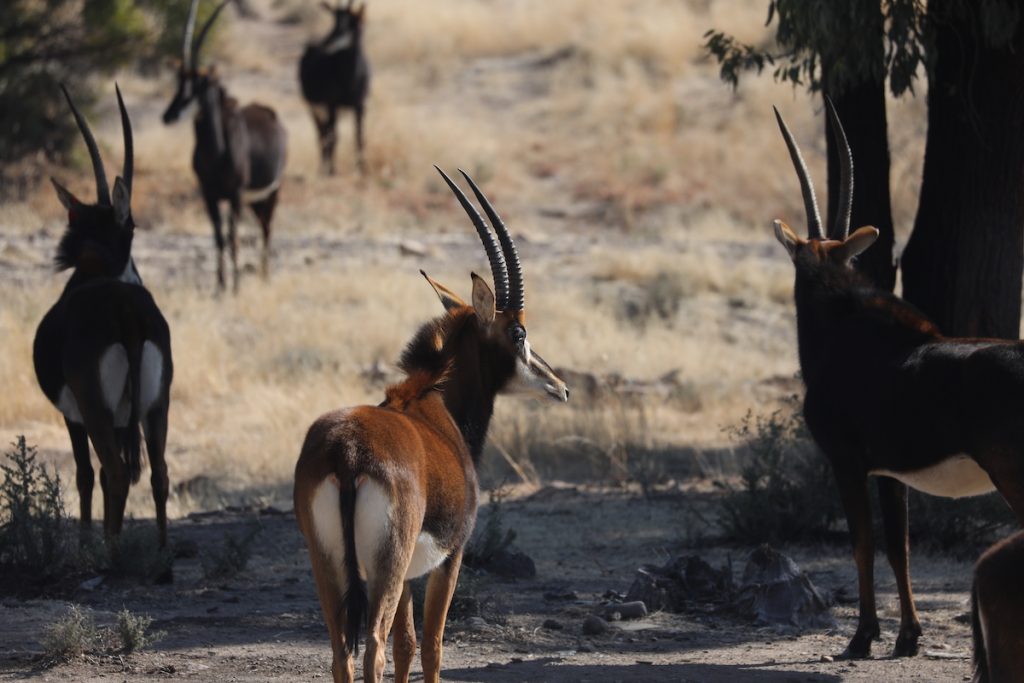 Dr Dickman believes that a ban on trophy hunting removes the economic reason the locals have to maintain wildlife.
Dr Dickman believes that a ban on trophy hunting removes the economic reason the locals have to maintain wildlife.
“I don’t like trophy hunting, but what’s the alternative land use for this area and is it going to be better or worse for wildlife?”
Can photography tours fill the gap?
Opponents of hunting often point to photographic tours and eco-tourism as an alternative to trophy hunting. Yet, Dr Dickman is quick to point out that many areas lack the infrastructure to turn land into attractive animal viewing areas, or are simply not picturesque enough to draw tourists.
This requires more tours to be sold to net the same economic benefit for the local community. And more people means greater pressure on the local environment.
On the flip side, many trophy hunting properties operate in rural and regional areas that have few other employment opportunities for local people. And the properties themselves require less infrastructure, as hunters are more willing to stay in basic accommodation and don’t expect picturesque landscapes.
Dr Dickman says there’s a clear scientific basis for why trophy hunting can be a benefit to wildlife, and that’s because it acts as a buffer against much larger threats of illegal poaching, snaring and wildlife conflicts.
No free for all
Scientists are quick to point out that they are not about relaxing all restrictions or having a ‘free for all’. Instead, they favour well-regulated trophy hunting operated under the guidance of the IUCN.
The scientists believe that a much better approach for conservation is to only allow trophies that meet certain criteria, such as age and area based restrictions, to be imported.
“With lions for example, you don’t want more than one lion killed every 2,000 square kilometres. Science also shows if you only take male lions above the age of six, it’s unlikely to have a detrimental impact because they should have reproduced and pass on their genes by then.”
Because trophy hunters mostly take older males, it has less impact on the wider population and can actually have a beneficial effect, allowing younger males to renew bloodlines.
To the people who simply want to end trophy hunting, Dr Dickman says that it is important to develop fully funded alternative solutions that deliver equal or greater benefits for both people and wildlife.
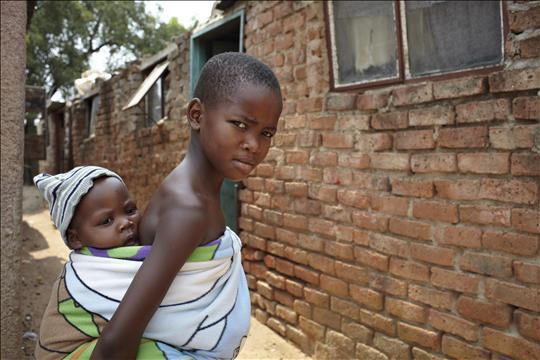
“If we leap to the end, and just put bans without proper steps, the huge likelihood is that we will make things worse for conservation, and for local people – and none of us want that.”
To learn more about conservation hunting in South Africa, check out How Can Killing Animals Save Them.
To learn more about other trophy hunting programs supported by the IUCN, check out our article on how trophy hunting is helping to save the markhor of Pakistan.
What is I Am Hunter?
I Am Hunter wants to change the way hunting is perceived and to change the conversation from a negative one driven by anti-hunters to a positive one led by hunters.
Our goal is to help hunters become positive role models and ambassadors for hunting, while simultaneously helping non-hunters understand why hunting is important.
You can become a supporter and help us achieve our goal and spread a positive message about hunting with the wider community.
Related content
Our other channels
Get our newsletter
Get our free monthly newsletter direct to your inbox
Listen on iTunes
Listen to our podcast on iTunes.
TV series
Watch I Am Hunter episodes on My Outdoor TV (MOTV)

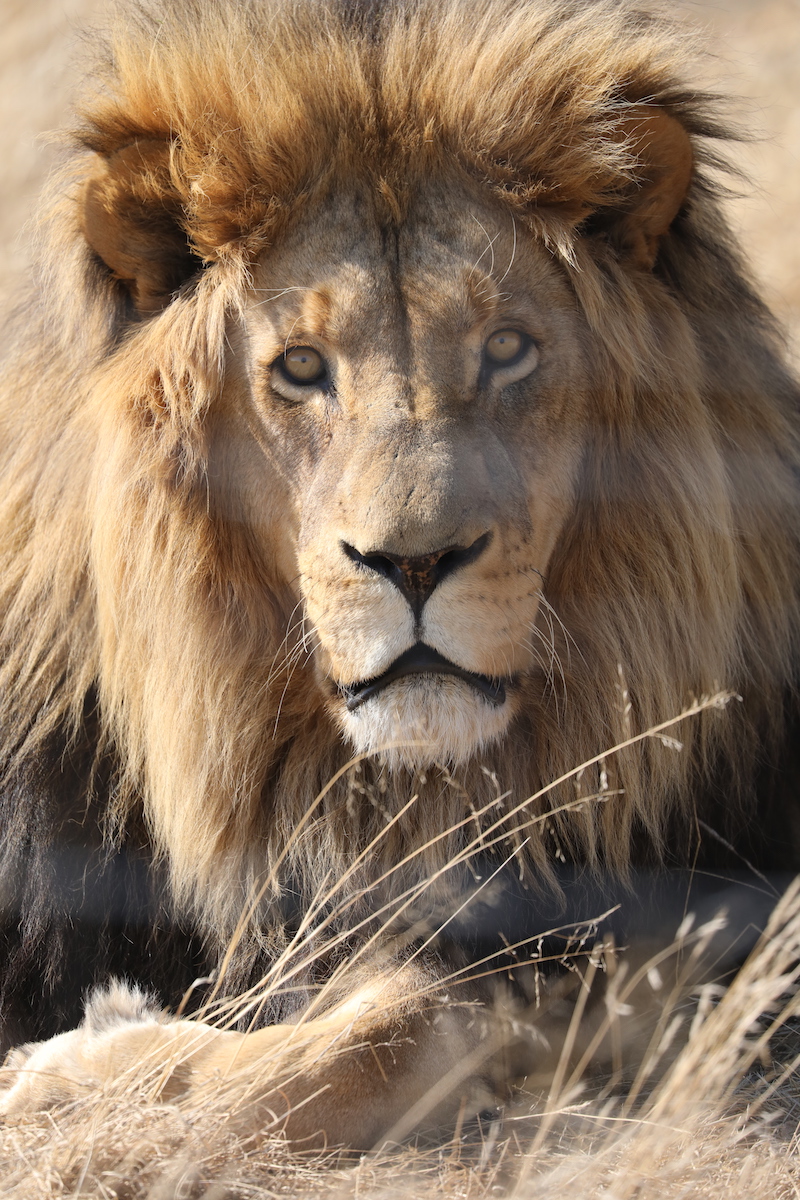

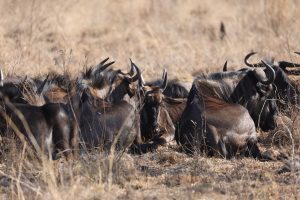
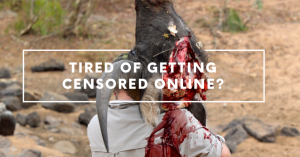
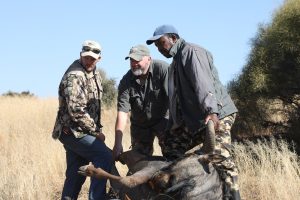
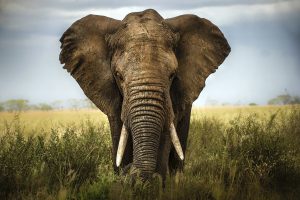
6 thoughts on “Why scientists do not back a hunting ban”